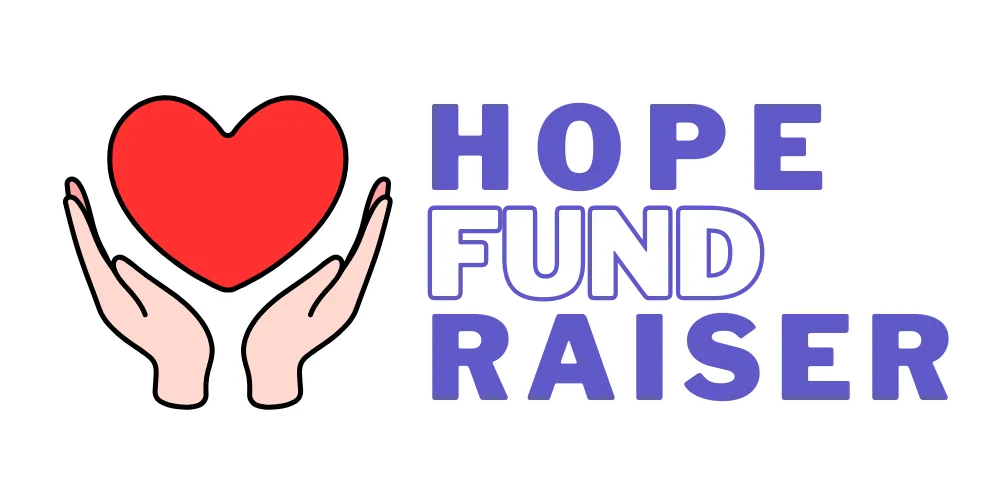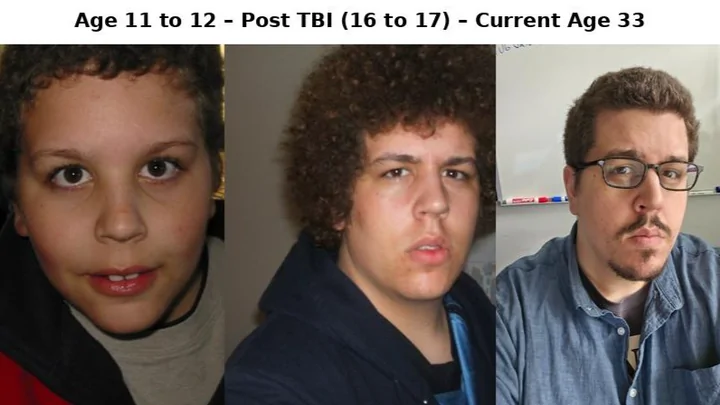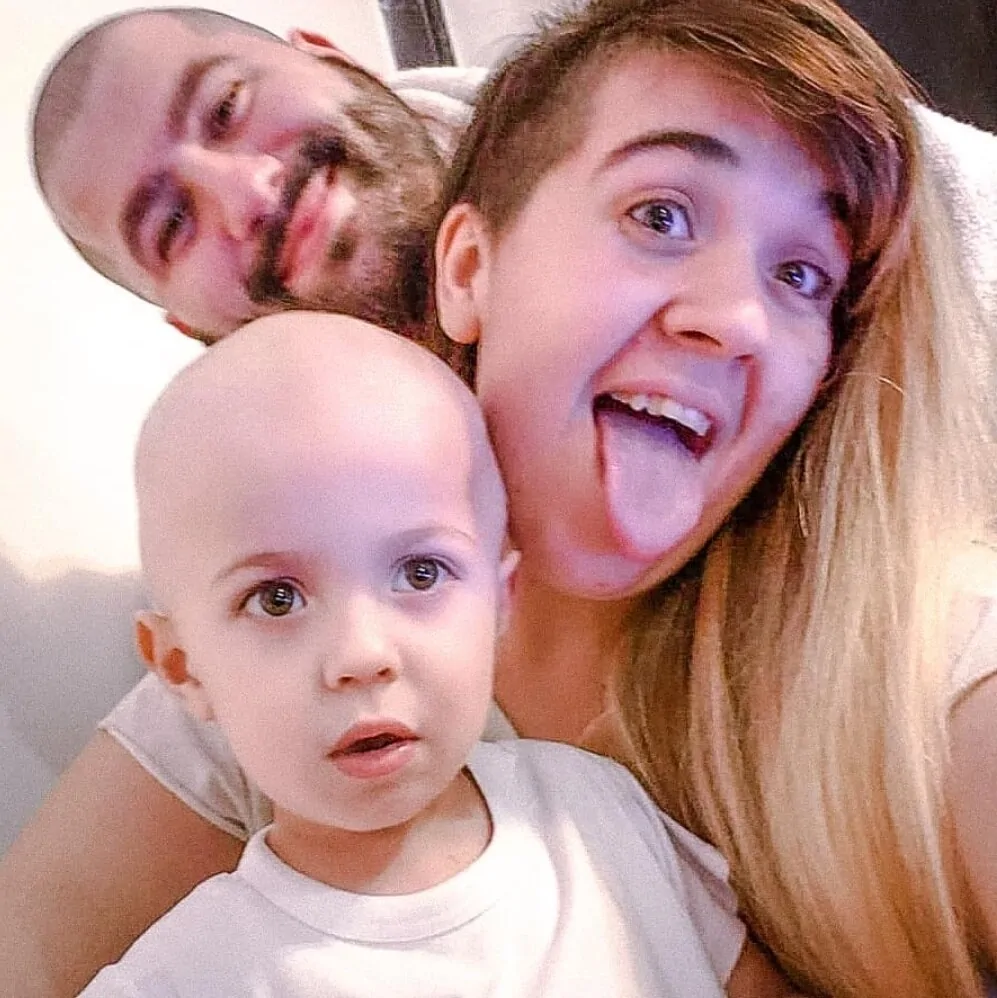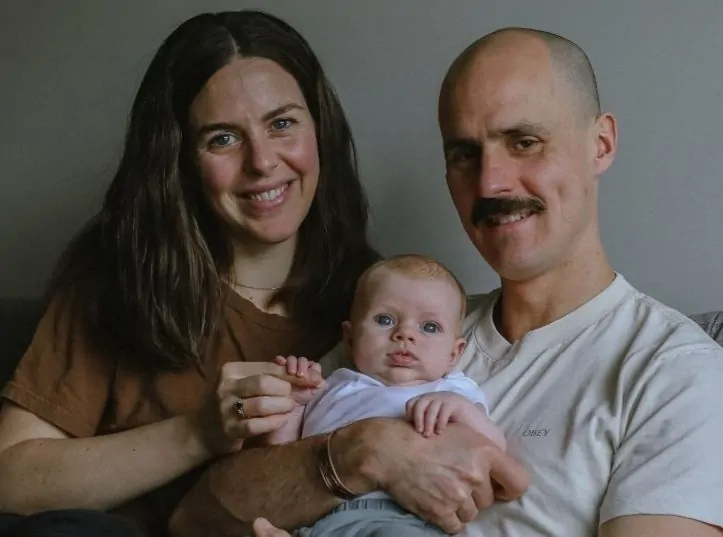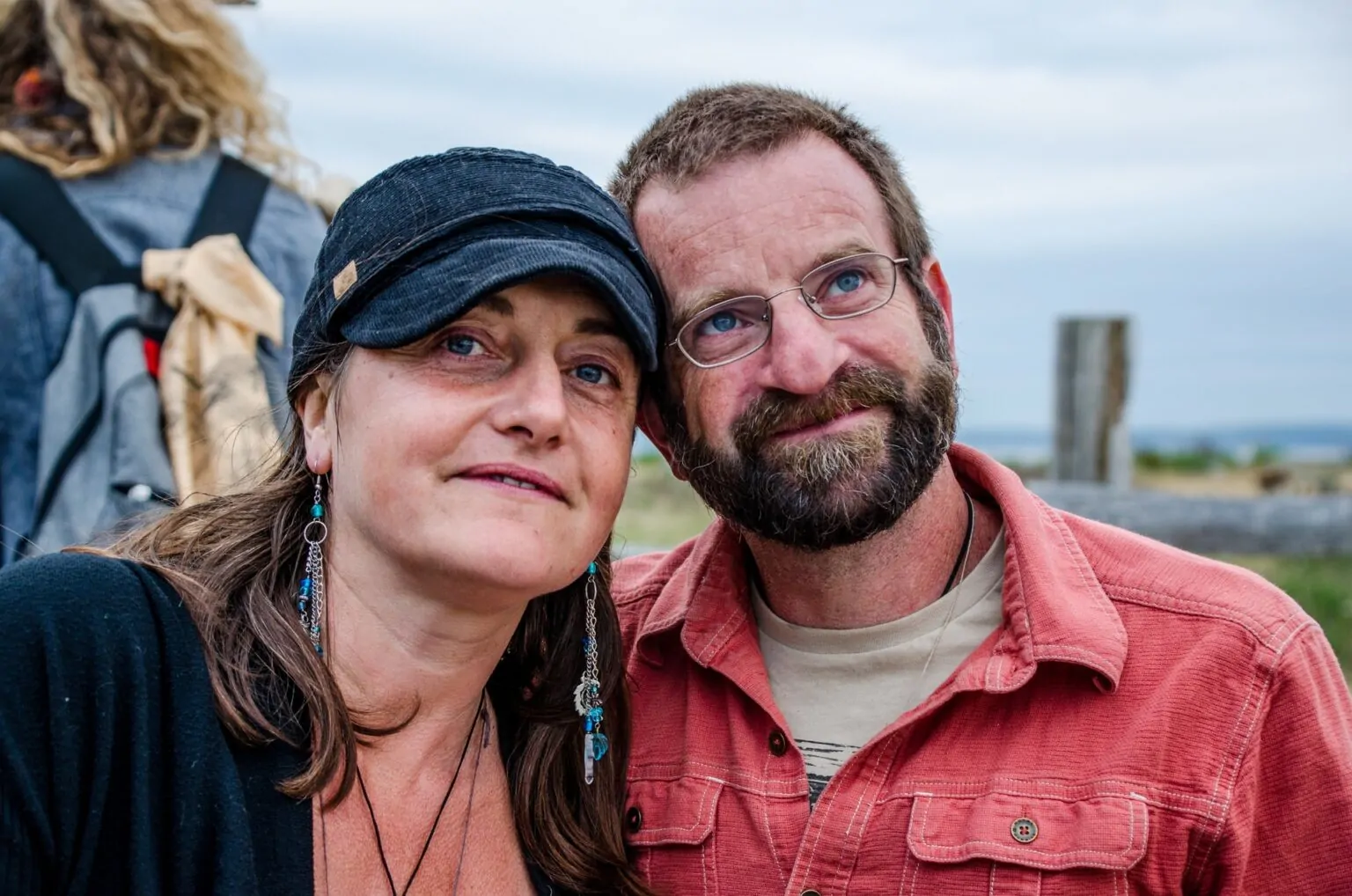Hi, my name is Peter Morande. I’m not someone who asks for help easily, but right now, I’m facing an overwhelming combination of medical, financial, and personal challenges, and I need support just to get through the next couple of months.
In early 2025, I stepped into a leadership role at a regional business publication with much hope. What began as an exciting opportunity quickly became something I could no longer justify staying in. I was never given a formal offer letter or written commission structure, but I was promised commissions from the start. I brought in new accounts and exceeded expectations. Still, the compensation terms changed repeatedly and were ultimately denied based on an internal policy I was only informed of after my immediate resignation. This policy was not disclosed during the interview process, was not presented in the employee handbook I signed, and was never acknowledged at any point while I was employed.
As a result, I was paid less than Vermont’s legal minimum wage during my time there.
In 2007, at age 16, I suffered a traumatic brain injury (TBI). I never received proper follow-up care and spent years trying to manage its effects without guidance or support. TBIs can cause long-term impacts on memory, focus, emotional regulation, and physical health. These are challenges I’ve lived with for much of my adult life. Only recently have I begun seeking the medical care I should have received long ago.
While in that role, my symptoms worsened. When I disclosed my chronic migraines and history of brain trauma and asked for basic flexibility during flare-ups, I wasn’t met with support. What I experienced felt discriminatory and left me feeling isolated and unsupported. I was told directly that the concern was for the business, not my health.
Around the same time, I emailed an internal contact regarding payroll questions to ask about a delayed paycheck and to clarify when commissions would begin. This was prompted by prior conflicting statements I had received during the hiring and onboarding process. I respectfully noted my concern that I might not be paid appropriately. That internal message was then forwarded to leadership, who issued a formal written warning, accusing me of defamation and libel. My comments were based on personal experience and shared privately in a respectful and professional tone. I clarified that I had made no public accusations and was simply raising a valid, good-faith concern about wage transparency. That moment, coupled with the work culture, discriminatory responses, and shifting expectations, led me to make the difficult decision to resign for good cause, prioritizing my health and long-term stability.
I’ve since filed a formal complaint with the Vermont Department of Labor for unpaid wages and commissions. I’ve also applied for unemployment benefits, but because of the nature of my resignation, my claim is under extended review. This process could take 30 to 90 days, during which I have no income or active coverage.
Thankfully, I’ve enrolled in a new plan through Vermont Health Connect, and my insurance will begin on July 1. One of the most critical medications prescribed to me during this time is Nurtec ODT (rimegepant), a migraine treatment that offers hope for relief. However, Nurtec costs nearly $2,000 without insurance, which I cannot afford. I’m waiting to pick it up as soon as coverage begins. Even then, it will take time for the medication to take effect and determine if it offers lasting relief.
I’ve been experiencing a constant migraine flare-up for nearly a month now, with migraines occurring almost daily or every other day. On the night of June 12, I had to go to the ER with high blood pressure, chest discomfort, weakness, and a burning sensation in my left arm. This happened while I was enduring an intense migraine with visual distortions. I was in the ER from about 5 p.m. to 11 p.m., and the care team strongly recommended continued testing and follow-up.
On June 11, I met with my primary care provider to begin scheduling a brain MRI and to get connected with a neurologist once my insurance plan activates in July. I also have a separate MRI scheduled for June 16 for a large, painful mass in my right hand. This results from a prior workers’ comp injury and, fortunately, is covered by workers’ compensation. The pain is ongoing and interferes with basic daily functions.
Today (June 13), I also have a medical appointment to begin retrieving my long-lost TBI records, many of which date back to 2007 and are challenging to obtain. More appointments are on the horizon, and the process of reestablishing proper care is time-consuming and exhausting.
All of this, along with the continued necessary medical visits still to come, is significantly impacting my schedule. I’m doing everything I can to stay enrolled in my summer college classes while also applying for new jobs that could offer flexible, sustainable work. But the toll of it all has left me physically and mentally drained.
I absolutely hate asking for assistance and wish there were another option, but right now, I need to be able to focus on my health. Starting a new job during this fragile time risks repeating a harmful cycle where my health and appointments get pushed aside and the situation deteriorates further. These migraines are worsening. I’m deeply concerned about the confusion, disorientation, dizziness, visual distortions, and intense pain that I’ve been experiencing daily.
What I’m Raising Money For:
- Medical co-pays, travel costs, and other appointment-related expenses
- Stability during this recovery period, allowing me to manage my health, stay on track with college coursework, and have the time needed to find a suitable job that offers the flexibility I require. I’m currently working with HireAbility Vermont, an employment service that’s helping me explore viable and sustainable career options as I move forward.
If you’ve ever had to walk away from a job to protect your health or dignity, please know you’re not alone. I’m sharing my story not just to ask for help, but to speak to the experience of living with an invisible disability in a world that doesn’t always make space for it.
Any amount you can give, even a share, would make a meaningful difference. I truly hate asking for help, but right now, I need it.
Thank you for your time, kindness, and support.
– Peter
The statements above reflect my personal experience and are shared in good faith to raise awareness and seek support during a difficult time.
